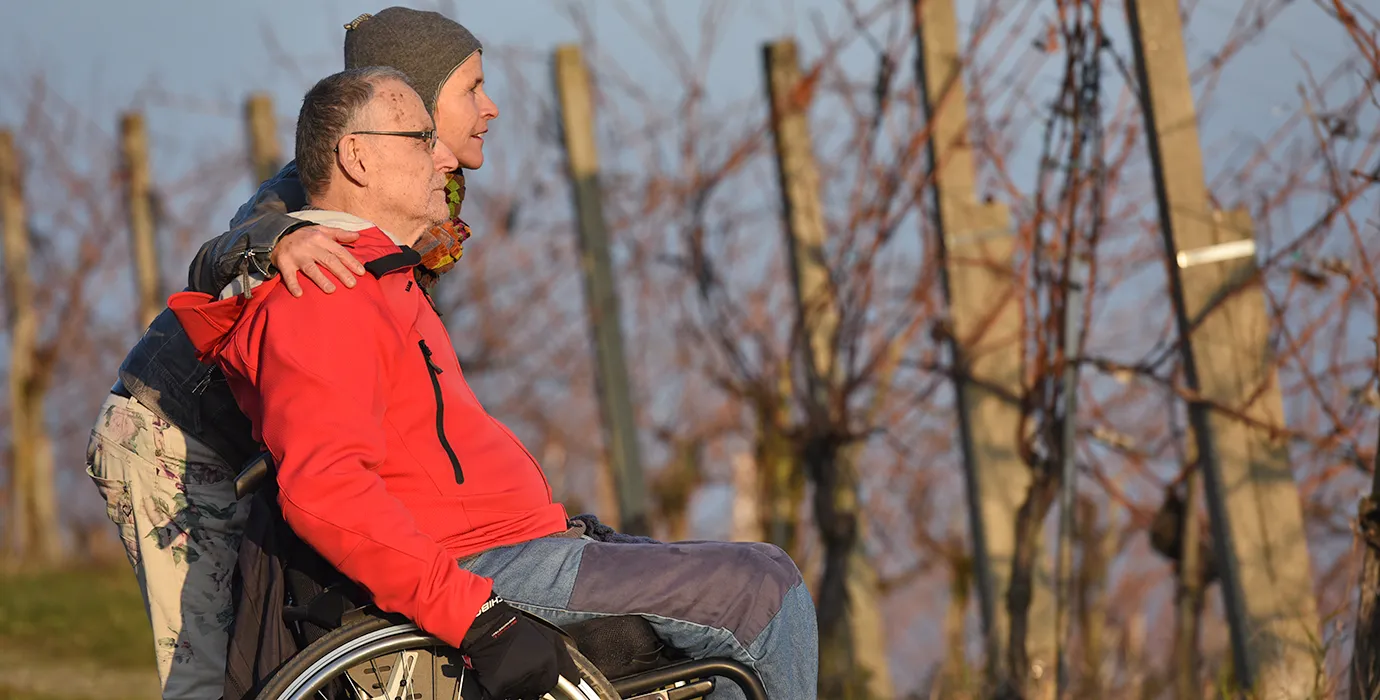Health Services Research
Health services research deals with the use and quality of healthcare services. We are examining how the needs-based access to medical services can be improved for persons with disabilities in Switzerland, for example healthcare provision in rural areas.
In contrast to persons without disabilities, persons with spinal cord injury (SCI) require that each medical evaluation is done from a paraplegiological point of view. In Switzerland this is offered by specialized paraplegic centers. What is missing is the availability of follow-up examination and checkup services throughout Switzerland as well as outpatient treatment of minor issues. This makes the provision of adequate care through non-specialized providers such as family physicians, the «Spitex», nursing homes or relatives who provide care at home more difficult.
It is our goal to improve existing health services so that they can offer comprehensive, low-threshold treatments for persons with SCI in the same way as for persons without disabilities. We are therefore assessing the existing need, especially in rural areas. Through collaborative models between joint practices and experts, we want to disseminate the expertise in therapy and nursing from the clinics to the family physician practices.
We are examining the difficulties for caregiving relatives at home. From those findings, we derive measures for better health services and possibilities to increase one’s own quality of life. Our findings are used for the dialogue with relevant authorities and service providers of healthcare provision with the goal to improve the health system. Persons with disabilities shall be informed in detail so that they are able to use the existing range of medical services effectively.

Research Projects
Werden Sie jetzt Mitglied und erhalten Sie im Ernstfall 250 000 Franken.
Spenden Sie jetzt und unterstützen Sie unsere Projekte zugunsten von Querschnittgelähmten.
